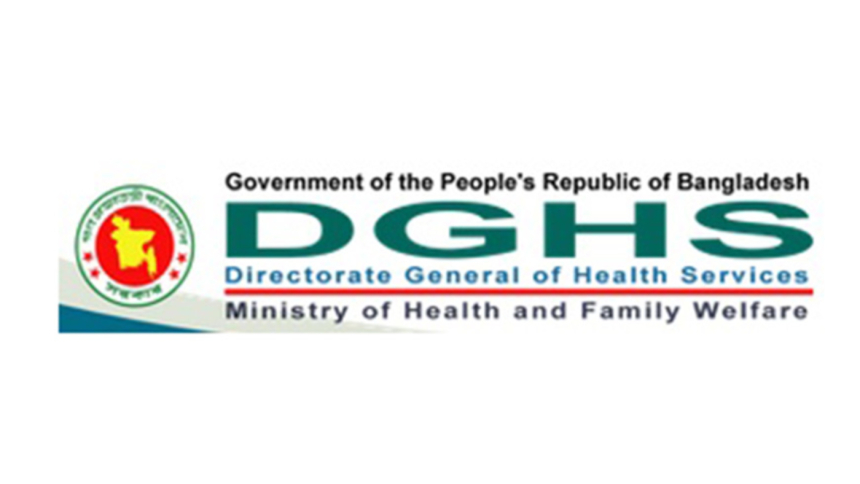Whereabouts of The Infected: DGHS has no clue about half of them

The Directorate General of Health Services has no data on the whereabouts of almost half the people who tested positive for coronavirus.
Health experts say the government's latest attempt at enforcing lockdowns on certain areas will be of little benefit unless the authorities know the exact location of the Covid-19 patients.
On June 16, the location information of 55,909 confirmed coronavirus cases across the country was available on the website of the Institute of Epidemiology, Disease Control and Research (IEDCR). But the number of total confirmed cases was 94,481, meaning at least 38,572 cases were missing from the list.
According to the World Health Organization's Bangladesh Covid-19 Situation Report-16, the geographical distribution of only 51,271 out of 90,619 reported Covid-19 cases was available as of June 8.
Contacted on Wednesday, Prof Abul Kalam Azad, director general of the DGHS told this correspondent to ask IEDCR Director Prof Meerjady Sabrina Flora about the matter.
She, however, was not available for comments yesterday.
On Thursday, the IEDCR took down from its website the area-specific information on confirmed cases in Dhaka.
According to the WHO report, the age and gender of only 24 percent of the reported cases and 58.9 percent of the reported Covid-19 deaths was available to officials as of June 8.
The IEDCR provides this data to the WHO Bangladesh office weekly under the International Health Surveillance protocol, according to Dr ASM Alamgir.
"It seems a large amount of data is missing," Prof Mohammad Shahidullah, president of the National Technical Advisory Committee on Covid-19, told The Daily Star, adding, "Maybe many of the laboratories are not providing all the information."
Infectious diseases specialist Prof Ridwanur Rahman said, "If we do not know the location of the patients, how would we be able to control transmission through lockdowns?"
Lockdown, testing, tracing and isolating are the keys to controlling the outbreak. "Accurate data is the main tool for success here."
THE REASONS
An official linked to the DGHS told The Daily Star that nearly 3,000 people tested everyday are tested for the second time.
Besides, data from all laboratories are not sent to the DGHS on time. "There is a shortage of human resources at the laboratories," the official said requesting anonymity.
A team of the ICT ministry under its a2i project is trying to locate the patient from their phone numbers, according to Prof Abul Kalam Azad.
An a2i official admitted that the project did not have location data of around 30-40 percent of the confirmed cases.
However, many of the patients are often found not to be at the location of their phone numbers, officials said.
DAILY BRIEFING
Since January 28, a total of 5,96,579 samples were tested. Of them, 1,08,775 tested positive including yesterday's 3,240 new cases.
The rate of positive cases was around 21 percent yesterday.
Prof Nasima Sultana, additional director general of DGHS, did not answer when asked yesterday about the proportion of second tests.
Prof Ridwanur Rahman said, "If the number of second-time tests is included in the count of daily tests, it will not represent the actual picture. No plan will work out with this faulty data."
At yesterday's daily briefing, Prof Nasima Sultana said 37 Covid-19 patients died in the 24 hours preceding 2:30pm, taking the tally to 1,425. The mortality rate was at 1.31 percent.
On the other hand, a total of 1,048 Covid-19 patients recovered in those 24 hours, taking the tally to 43,993. The recovery rate was 40.44 percent.
A total of 628 people were put under isolation in the last 24 hours, Prof Nasima added.


 For all latest news, follow The Daily Star's Google News channel.
For all latest news, follow The Daily Star's Google News channel. 



Comments